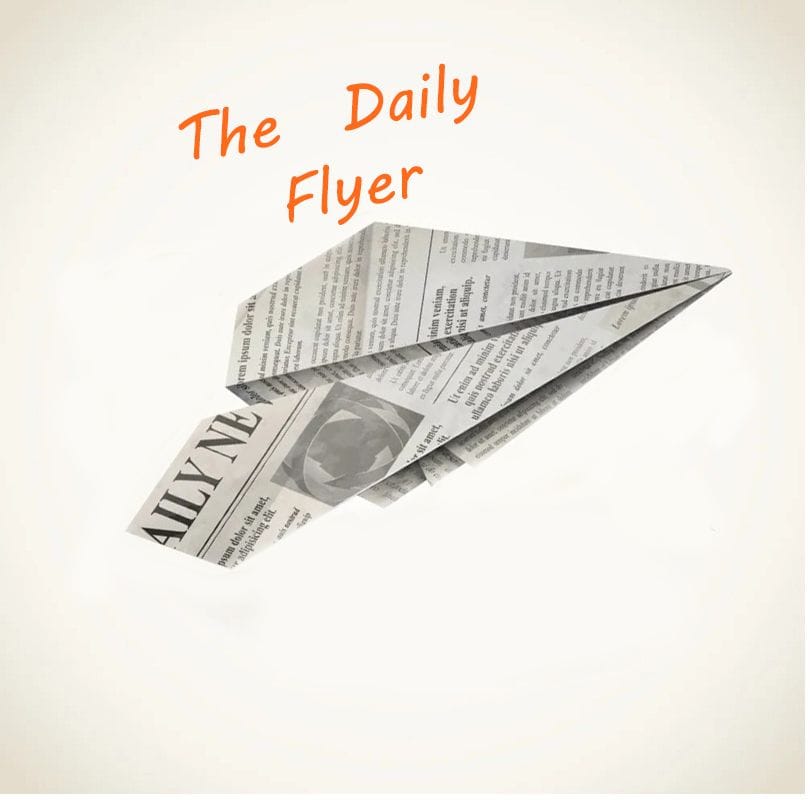Daily Flyer - June 25, 2024
A voice of Ukraine to the West

Russian glide bomb attack on Kharkiv Oblast injures 4
On June 25, Russian forces launched a glide bomb attack on the village of Bobrivka in the Kharkiv district, injuring four people, as reported by Governor Oleh Syniehubov.
At least four glide bombs were used, causing significant damage to houses in the village. Two women, aged 40 and 87, and two men, aged 56 and 67, were injured in the attack. The men were hospitalized due to the severity of their injuries.
This attack is part of an intensifying campaign by Moscow targeting Kharkiv, Ukraine's second-largest city, and its surrounding oblast. The use of missiles, glide bombs, and drones has led to the destruction of energy infrastructure and the loss of civilian lives. Just a few days earlier, on June 22, a Russian strike on a residential building and an enterprise in Kharkiv killed three people and injured over 50, highlighting the escalating violence in the region.
Czech PM confirms Ukraine received first batch of shells under Prague-led initiative
On June 25, Czech Prime Minister Petr Fiala announced that Ukraine has received its first batch of artillery shells under the Czech-led initiative. Czech President Petr Pavel had earlier identified 500,000 155 mm shells and 300,000 122 mm shells outside Europe, which could be purchased and sent to Ukraine once the necessary funds were secured.
The initiative has garnered support from several countries, including the Czech Republic, Germany, Denmark, Portugal, Canada, and the Netherlands, raising over 1.6 billion euros ($1.7 billion). Czech Foreign Minister Jan Lipavsky confirmed in March that the initiative aims to deliver 1.5 million rounds to Kyiv.
Fiala stated, "The first shipment of ammunition from our initiative arrived in Ukraine some time ago. We are doing what it takes." Lipavsky also mentioned that the first shells purchased under the initiative were arriving in Ukraine in mid-June, though officials did not disclose the exact quantity.
The initiative was launched amid Ukraine's critical ammunition shortage, particularly after losing the key front-line city of Avdiivka in February. Since then, Russia has intensified its aerial attacks on Ukrainian cities and launched a new offensive in Kharkiv Oblast. Reports suggest that some Russian forces are withdrawing from near the town of Vovchansk for replenishment due to combat losses.
The Czech government has expressed concerns that delayed payments to arms companies might lead to millions of munitions being diverted to Moscow instead of Kyiv, as noted by the Financial Times in late May.
Top Trump Advisors Draft Plan to Halt US Military Aid to Ukraine Unless Peace Talks Begin
Two top advisors to former President Donald Trump have proposed a plan to halt military aid to Ukraine unless it agrees to peace talks with Russia, Reuters reported on June 25. The advisors, retired General Keith Kellogg and Fred Fleitz, outlined this strategy, noting Trump’s frequent claims that he could end the war within 24 hours if elected, although he has yet to provide specific details.
Kellogg and Fleitz, both former National Security Council members under Trump, said their proposed ceasefire would freeze the frontlines in place. Kellogg mentioned the plan includes warnings to Russia that the U.S. would increase military support to Ukraine if Russia rejected the ceasefire terms.
While Trump responded positively to the plan, Fleitz clarified that Trump did not necessarily endorse every aspect of it. Trump campaign spokesperson Steven Cheung emphasized that only official statements from Trump or his campaign should be considered as policy positions.
The America First Policy Institute, affiliated with Trump, released a policy paper in April detailing parts of this plan, including a proposal to delay Ukraine’s NATO membership in exchange for a verifiable peace deal with security guarantees.
Ukrainian President Volodymyr Zelensky and other officials have opposed such a ceasefire, arguing it would solidify Russian gains. Zelensky called it a "trap," warning that Russia’s strength at any given time would dictate unfavorable conditions.
Russian President Vladimir Putin’s ceasefire demands include Ukraine’s withdrawal from several regions and abandoning NATO aspirations, which would mean ceding significant territory. The Kellogg and Fleitz paper also mentioned the theory that NATO expansion provoked Russia’s invasion, a point Trump echoed in a recent interview.
Kellogg and Fleitz noted Biden never explicitly called for Ukraine’s NATO membership but suggested his administration implied it, which they argue provoked Russia. Similar sentiments were expressed during Trump’s tenure, including Secretary of State Mike Pompeo's 2020 statement supporting Ukraine’s NATO efforts.

